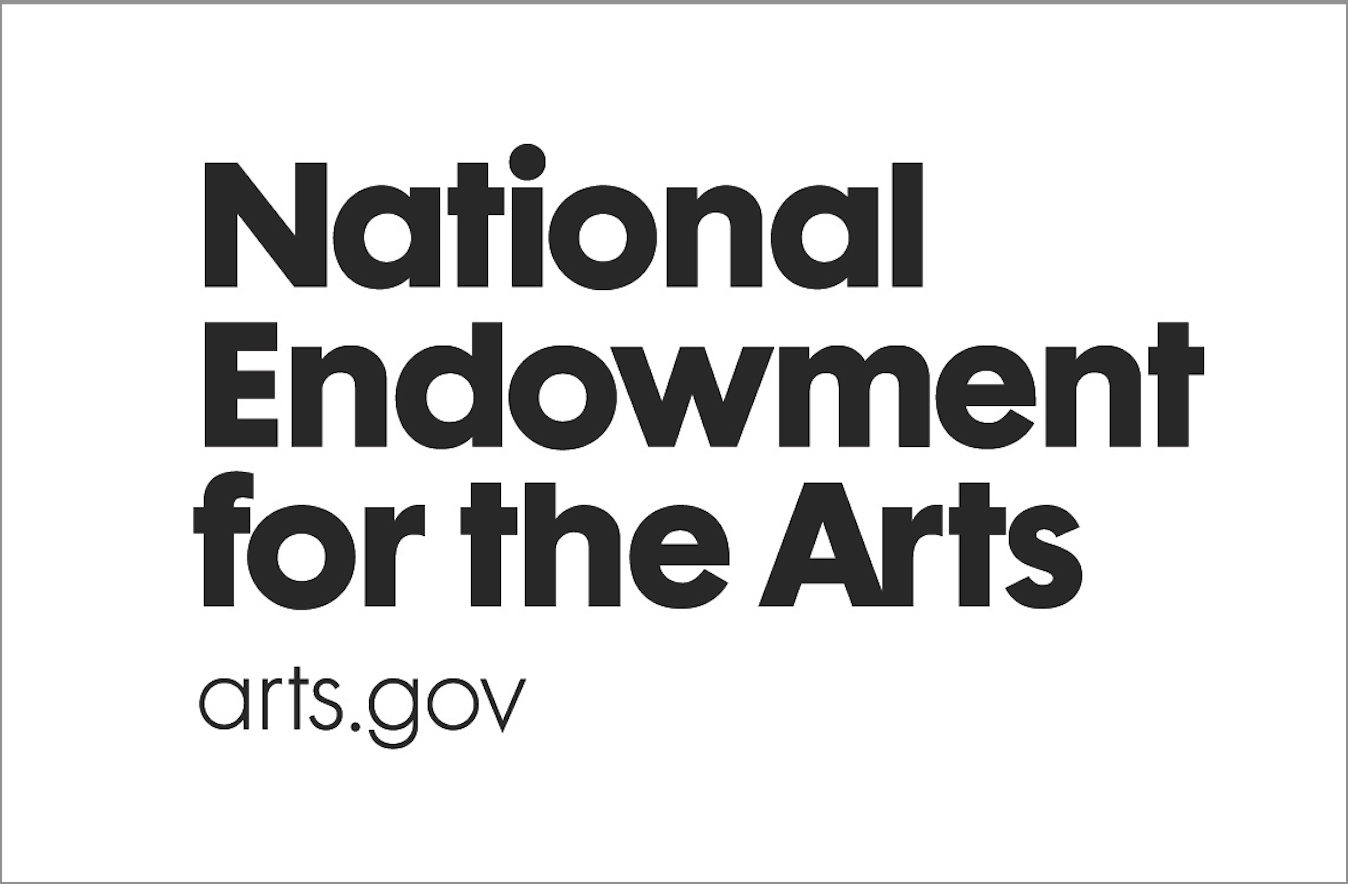“The money follows the child.” Playing the role of Robert, John Ellison Conlee sang this line which is at the heart of Ethan Lipton’s new musical Talent Show. Last week, The Civilians presented a workshop of Lipton’s new work, the culmination of years spent on this project which began with The Civilians’ residency at Duke University in North Carolina. While there, Lipton and The Civilians took on exploring the debate issue of charter schools and their impact on public education. They conducted research and interviews with teachers, administrators, policy-makers, school consultants, parents, and more. Talent Show brings those voices and perspectives to life in a good old-fashioned classic of school competitions: the talent show.
Pitted against each other in song with various special talents also thrown into the performance mix, each character competed for either the public schools or the charter schools as they explained the issues at hand and their experiences. We first meet the judges of the talent show: Alvin, played by Bryan Holden Chan (The Lion King), and Gladys, played by Tatum Hall who is best known for her work in the films Night Comes On and Wu-Tang: An American Saga. Hall has also played Gladys in previous workshops of Talent Show. Delivering information and pun-filled jokes in turn, Gladys and Alvin set up the show’s light-hearted and rather jaunty tone before they sit back with the audience to listen to the contestants’ stories.
First up is Robert, a charter school consultant who explains that “the money follows the child and it’s not too regulated.” Helping people set up charter schools, an idea at the crux of small business and capitalism, Robert’s closing line summarizes how charter schools work; they receive the public funding that is assigned to each child by the state for their public education, but are not the schools most people think of when talking about public schools. Charter schools are often run by public entities, are governed by different rules and regulations, but receive that public funding which follows a child to the charter school and the public school loses that money when the child leaves.
From there the show rotates through its cast of contestants to explore the facets of the issue in the upbeat framing of the talent competition. Kevin, a State Representative, highlights how two-thirds of African-American students in traditional public schools are not on grade level. Melissa, founder of a charter school, crows the benefits of how her school can design its own curriculum, make the students enjoy learning, and most importantly to her, how people find them “entirely through grass roots – mostly Facebook.” Octavia shares the struggles of trying to create “the kind of system that’s designed to bring out the brilliance of your child” in a society where the public education system ignores, undermines, and dismisses students of color. We meet public school teacher Mike who advocates that what we need to fix public education is “money and political will.” Nicole, a charter school administrator, argues that the efficiency of their teaching methods which trains students into passivity is good for their education. A professor of sociology, Diane explains the legal history of desegregation and the role of charter schools and bussing in these efforts towards promoting and/or derailing diverse schools.
These are only a selection of the contestants and we meet more throughout the show as the scores for winning the talent show swing between the two teams. The last song, however, showcases a number of the cast as public school teachers singing about their 23-mile march from Durham to Raleigh to demand better for public schools and their students. Upon arriving after coordinating with the governor’s office to arrange the meeting, they arrived to find the doors locked and the governor’s office unwilling to speak with them about their concerns. Despite the struggles, they all agreed “I’m not going to walk away from this.”
Running for about 90-minutes, the show works hard to keep the tone from dipping into contention as it handles the political and social elements of the debate. With its mix of kid jokes, talent routines, and upbeat music, Lipton found an open and light-hearted way to dig into the very important issue of education in the United States. He distilled the interviews into songs that honed in on all of the facets of the issue with the benefit of an incredible cast to bring them to life for this workshop.
The contestants were played by a talented cast including John Ellison Conlee (The Nap, Boardwalk Empire), Nina Hellman (Greater Clements), Jahi Kearse (Ain’t Too Proud, Holler If Ya Hear Me), Piper Patterson, Mike Shapiro, Nidra Sous La Terre (Book of Mormon, Marvin’s Room), Allie Vazquez, and Justise Hayward under the direction of Jade King Carroll and musical direction of Jon Schneidman. The workshop also featured Benjamin Samuelson on guitar and stage management by Hannah Woodward.
If you want to learn more about the show and the process behind it, read our Resident Dramaturg Phoebe Corde’s interview with Ethan Lipton here.
Extended Play is a project of The Civilians. To learn more about The Civilians and to access exclusive discounts to shows, visit us and join our email list at TheCivilians.org.
Post Views:
1,671

